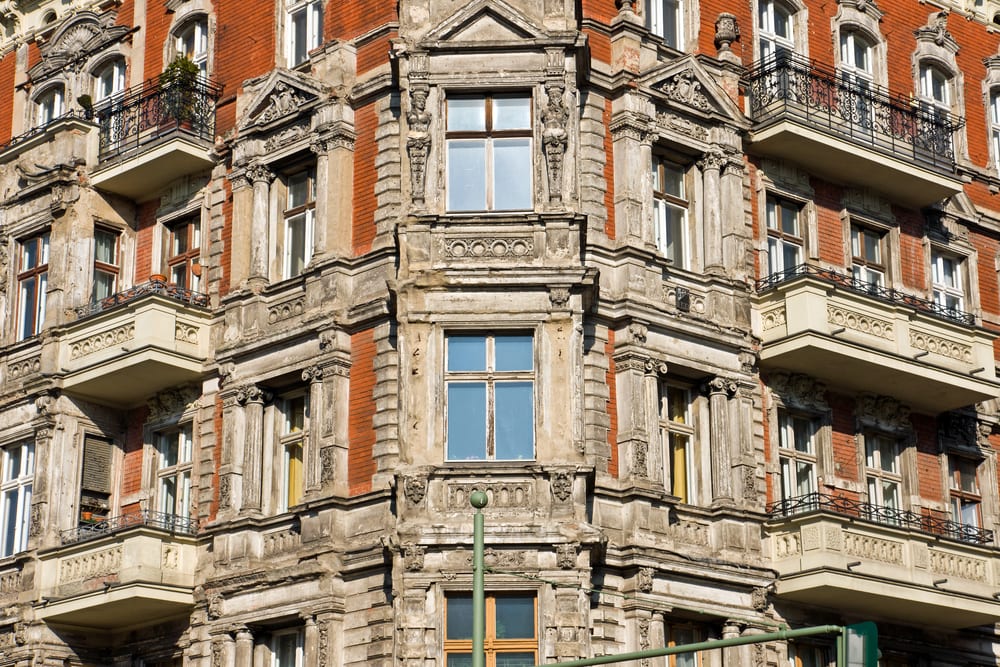BERLIN – “[We] could never have believed that this place would ever be seen as inhabitable,” growls a local bar owner in a broken-English video diatribe about the gentrification of Berlin’s Neukölln district.
“This is [the most] difficult for us, because it feels [wrong]. We’re sorry to have kicked this off.”
The eerily resonant video went viral over two years ago, capturing the angst of many longer-term residents in the once-run-down area –- and setting off a firestorm of controversy among others, especially newcomers who felt attacked. The video maker, Freiburg-native Matthias Merkle, told Der Spiegel he doesn’t hate anyone and only wanted to begin a discussion.
But today the stakes are even higher: Germany’s capital is short anywhere from 12,000 to 14,000 apartments -– a deficit that is expected to increase. Critics say the growing number of short-term vacation residencies in the city is exacerbating the problem, prompting Berlin’s municipal senate to draft a bill to ban the wrongful use of residencies in highly saturated districts. The piece of legislation is set to go before the Berlin state parliament later this month.
The goal is for Berlin housing to be also available to Berliners, a speaker for the city’s Senate Administration for Urban Development told German news service dpa. If passed, the law would hold apartment owners accountable for occupying or leasing apartments to long-term residents only. Individuals or businesses capitalizing on short-term -– and often significantly higher –- rates for tourists could be subject to fines.
Apartment owners may not be the only group subject to prosecution under the proposed law: fast-growing vacation rental businesses like Wimdu and Airbnb, which currently hosts some 6,600 listings in the city, put the onus on users to beware local laws regarding short-term sublets.
“We’re currently reviewing proposed legislation in Berlin and other local regulatory efforts,” Airbnb Communications Head Kim Rubey told SmartPlanet.
“[We have an interest in protecting] those who are contributing positively to cities through additional tourism and economic activity, while simultaneously preventing behavior that has an adverse effect on neighborhoods.”
“The more we talk to cities, the more they begin to understand the benefits to the economy and to neighborhoods that the typical Airbnb experience can provide.”
While Airbnb has said that it is actively discussing the laws of places like New York with state and city officials following the near-prosecution of one Airbnb user there to the tune of $40,000, it is uncertain how passage and enforcement of the Berlin legislation will play out. Cities such as San Francisco and Paris already restrict vacation rentals in some way.
“Vacation homes are an important market…More>>



Comments are closed.